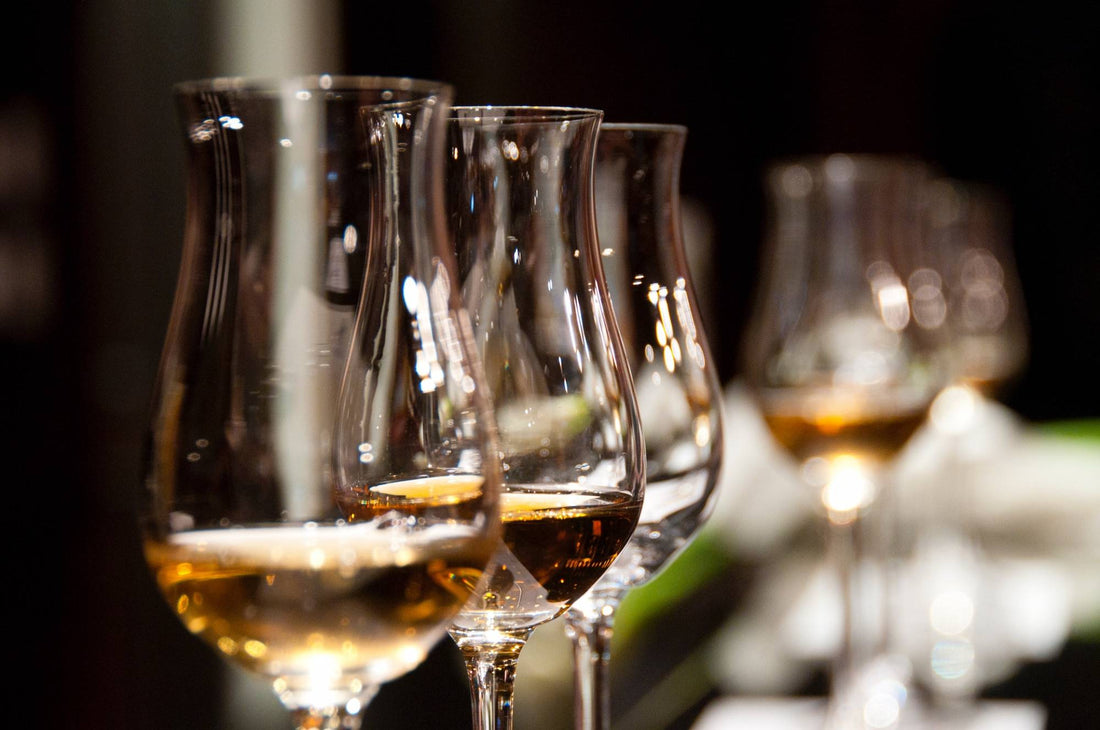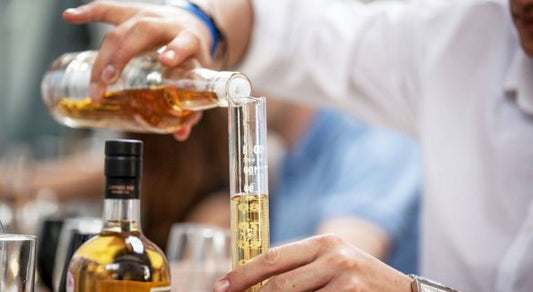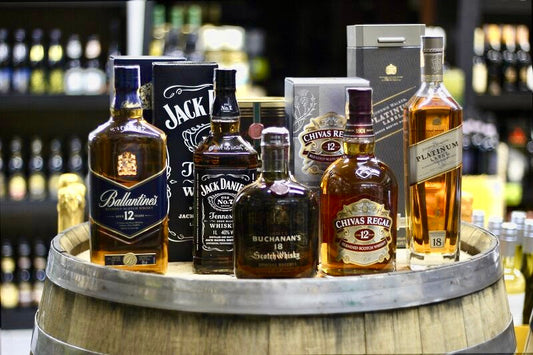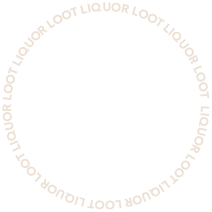
What Is The Difference Between Malt Whisk(e)y and Grain Whisk(e)y
If you spend any casual amount of time knocking around distilleries or ordering what’s on tap at your favourite restaurant, then you’ve probably heard people bandying about terms like “single malt” and “grain.” You may have even had to nod appreciatively as a friend ranting about how no blended scotch can ever compare to their single malt.
Want to try the difference for yourself? Our whisky collection includes both malt and grain expressions.
Whisk(e)y Defined
First of all, it may be helpful to take a step back and define the liquor. Whisky is an alcoholic drink made from fermented grains. Scotch and bourbon are the two most common kinds of whisk(e)y. You may have heard that it’s not bourbon unless it comes from Kentucky and that it’s not truly scotch unless it comes from Scotland -- but that argument is about as pedantic as saying all champagne made outside of France is technically just sparkling wine. In reality, bourbon comes from corn, and scotch comes from barley. Once you know the differences, many enthusiasts choose to buy alcohol online to compare themselves.
Blended Vs. Pure Barley
Put simply, grain whisky is made from any grains, most commonly wheat and corn (yes, corn is sometimes considered a grain rather than a vegetable). Rye is also a common grain whisky, especially in countries like Japan.
Malt whisky, on the other hand, is made exclusively from malted barley. Single malt whisky is a term reserved for drinks that were made at only a single distillery (single grain whisky is a thing, as well, though you’ll hear the term thrown around less frequently.) Many people will tell you that a single malt is inherent of much higher quality than any blended whisky. Curious about 100% malted barley whisky? Browse our single malt whisky collection for a variety of regional styles.
So,...How Exactly do they Taste?
Describing the taste of whisky to someone who’s never tried it can be like explaining colours to the blind. But if you’re familiar with a few types of grain or malt whisky, then it can be helpful to learn the terms used to describe them. This can help you determine which whiskys you’re more likely to enjoy.
Malt whisky will have a lighter body and a sweet flavour like caramel or toffee. Grain whisky has a bit more variety depending on which grain was predominantly used. Corn whisky is known for being incredibly sweet, whereas rye whisky is spicy and dry.
It’s important to note that each distillery will have its own unique flavour pallet. If you fall in love with a whisky, it’s worth jotting down the place it was made, as you’re likely to love the other drinks they offer, as well.
Grain whisky is the backbone of many accessible blends — explore options in our blended whisky collection.
Why all the Fuss over a Little Barley?
It’s not uncommon for people to hold single malt whisky in very high regard, even if they’re not entirely sure why they’re doing it. Whisky is like any other cultural institution. People grow up seeing single malt being praised as the one true drink and hearing those who make the mistake of admitting a fondness for blended whisky get raked over the coals. Then they just sort of go with it themselves.
For starters, single malt whisky is often much more expensive than other drinks. It also has a flavour unique to its distillery that whisky aficionados may really enjoy. Many people are also often under the misconception that single malt is made from one specific batch or barrel of whisky when in reality, it can be a blend of several different whiskys, so long as all were made in the same distillery.
The opposite of single malt is blended whisky. Blended whiskys are just what they sound like: multiple types of whisky blended together to achieve a new flavour. These drinks are often more palatable to people just getting into the whisky game and they’re way more popular on the sales charts than single malt whiskys are. In fact, the list of the top twenty selling whiskys in the world is often dominated by blended brands that can retail for under forty dollars. Better yet, you've probably never heard of the world biggest selling whisky, and you'll never guess where it's from!
So what should you fill your cabinet with?
In short, whatever whiskies you prefer should be the ones to grace your liquor cabinet shelves. Most people like to have a little of everything available, anyway. After all, the fifty-year-old single malt scotch might be perfect for celebrating that big promotion with a few of your close work friends, but the neighbourhood party with the whole gang might call for a smoother, blended grain whisky. Why not be prepared for all of it? Shop your local stores and distilleries for some everyday whisky, and then look into a premium service like Whisky Loot to make sure you taste those expensive, hand-curated bottles at a decent price.
Want to make the experience even more fun? Try a dram-a-day with our whisky advent calendars, featuring a mix of malt and grain whiskies.













